When you're in an abusive relationship, you may feel like you are all alone. Abusive relationships are more common than you may think. Nationwide domestic violence hotlines in the US typically receive 20,000 calls on an average day.

Growing up, I watched family members struggle in abusive relationships. I have some tips to help you reach out if you, too, are experiencing an abusive relationship.

Roadblocks
Reaching out about relationship abuse is tough. When trying to speak up you may experience mental, physical, and financial roadblocks.
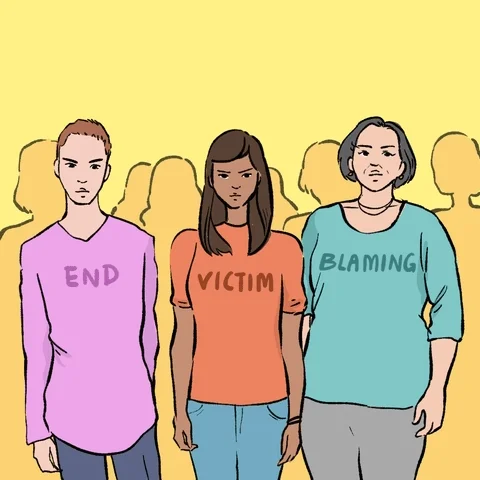
Mental Roadblocks
Isolation from friends and family
Fear of being branded a liar
Shame
The belief that men cannot be victims
Victim shaming

Physical Roadblocks
Physical abuse
Retaliation
Abuser monitoring emails, devices, and other forms of communications

Financial Roadblocks
Lack of finances
No access to transportation
Abuser controls resources

Identifying the roadblocks for reaching out about abuse can help you come up with a plan to overcome them.
Proof of Abuse
Having proof of relationship abuse can help you be taken seriously, especially if the person you are confiding in is having trouble accepting that your partner is abusive.

Get Proof
Avoid being monitored by creating a new email address or leaving evidence with a friend.
If possible, use a journal to record abuse and important information like witnesses.
Save abusive communications.
Take pictures.

Having proof of abuse can also help you take legal action. For example, you can have the proof needed to get a restraining order against your abuser.
Quiz
How can you get proof of emotional abuse?
Find Someone to Trust
You may feel hesitant to reach out about abuse because you don't know who to trust. Use the following tips to help you find someone to talk to about the abuse you're experiencing.
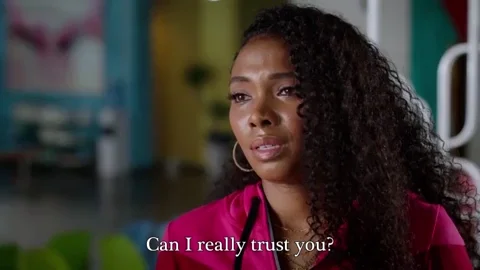
Someone You Know
When looking for someone in your life to trust consider the following questions:
Do they continue to reach out even when you are isolated or push them away?
Have they shown concern for your relationship?
Are they reliable?
Are they helpful?
Someone You Don't Know
If you don't feel safe talking to someone in your inner circle, consider the following options:
abuse hotlines
mandatory reporters — like a nurse, doctor, therapist, or teacher
local law enforcement
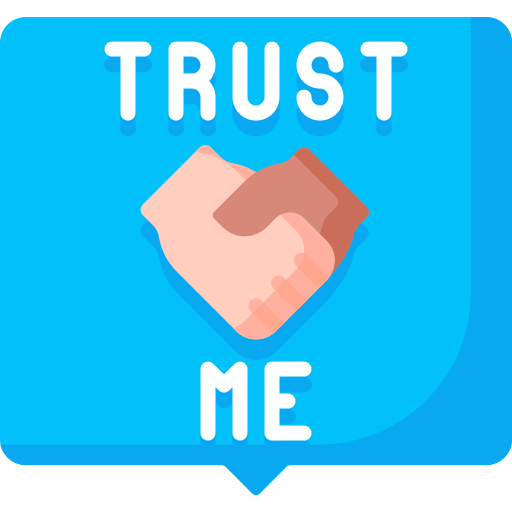
Don't feel discouraged if the other person's reaction isn't what you expected. Some people have a hard time accepting that someone is being abused or that someone they know is abusive. Just make sure to "stay calm and firm in your story."
Find a Safe Space to Communicate
If your partner is controlling, they may be monitoring your phone, emails, or in-person conversations. Finding a safe space where you can talk freely about the abuse you are experiencing is important.

Talk Privately
Ask your neighbor to use their phone or computer
Buy a prepaid phone
Use a friend's phone
Create a code word to let others know that you need help

Safe Spaces to Reach Out
library
community center
hospital
religious organizations

Look for a place that will not raise your partner's suspicion. This is especially important if your partner is controlling or violent.
Quiz
Leah's partner is controlling and invades her privacy. What should she consider when looking for a safe space to reach out about the abuse? Select all that apply:
Resources
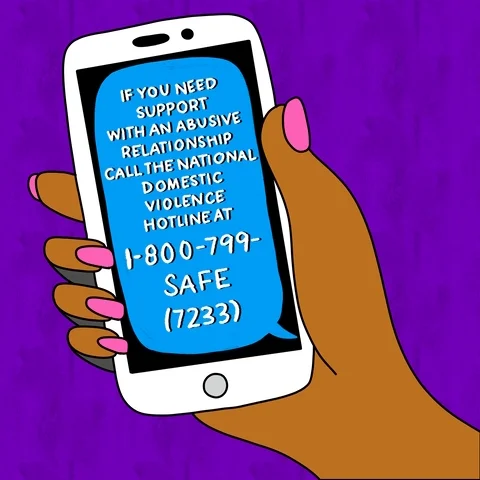
Check out the resources below for more information:
National Domestic Violence Hotline offers information and resources for domestic violence victims.
National Coalition Against Domestic Violence takes you to external resources for victims of domestic violence.
Office of Women's Health helps you find resources by state (if you're not in the US, do a Google search for domestic violence resources in your country or region).
How to Leave an Abusive Relationship — this video offers tips to find a safe way to exit the relationship.
My Plan App will help you develop a safe get-out plan.
Take Action
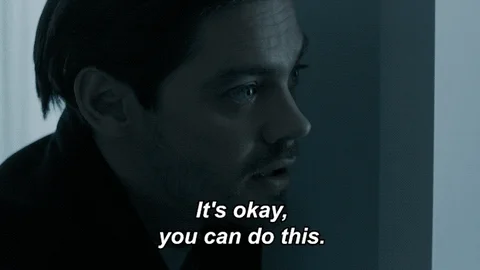
Your feedback matters to us.
This Byte helped me better understand the topic.
